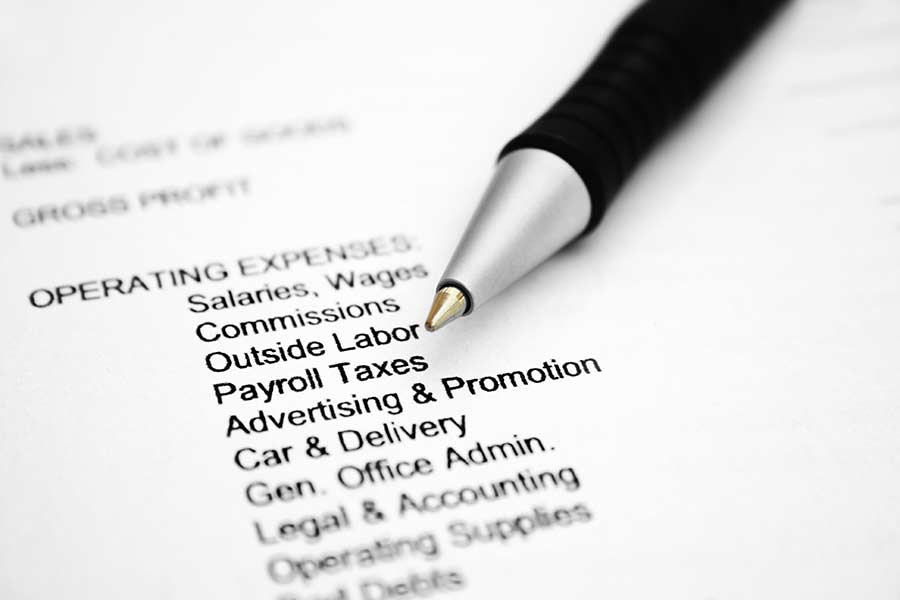When the IRS charges your business with tax penalties, you may be shocked at the amount they charge. IRS penalties at times can account for 50% of a tax bill at times. Many of the IRS penalties have their limits but the IRS also does tend to stack some penalties which can lead to enormous tax bills. Understanding the most common penalties the IRS charges small businesses can help you realize certain actions that must be taken to avoid these penalties. Below are the most common penalties charged on small businesses.
- Late Payment Penalty: Failure to pay penalty is normally .5% a month on outstanding taxes. This amount is automatically charged by the IRS computers if a tax return is filed without payment or total payment. This penalty can be up to 25% of total unpaid tax amount. In order to avoid this penalty you must pay your taxes on time. If you cannot afford to pay your taxes you can enter into an installment agreement and the penalty will be dropped to .25% a month.
- Late Filing Penalty: Also called the failure to file penalty, is a 5% a month penalty on the total amount of tax that is owed. Like the late payment penalty, this can only be 25% of the total tax amount owed. To avoid this penalty, be sure to file your taxes on time. If you cannot file on time, request an extension to file. Remember that an extension to file is not an extension to pay.
- Inaccuracy Penalty: This is a 20% penalty the IRS can charge you with. This penalty is typically charged after an IRS audit and the IRS finds that you cannot prove a deduction taken in the audit, or you failed to report all of your income. To avoid this penalty, keep accurate records and file your taxes as accurately as possible.
- Fraud Penalty: This penalty can be up to 75%. This penalty is typically charged after an audit and the IRS finds that you fraudulently did things on your tax return. This is not a common penalty because the IRS will have to prove that it was not just a mistake, but you actually did it with a fraudulent intent. IRS advances in technology have increased their chances of catching fraudulent filers. The risk vs. the reward for filing fraudulently does not pay off. Always file your tax returns as accurately as possibly.
- Tax Evasion Penalty: Being charged with tax evasion is not very common because of the amount of resources it takes to prove that a business was evading taxes. Typically the IRS will only go after very high profile individuals or businesses when a significantly amount of money is involved. By using illegal means to avoid taxes can lead to penalties up to $500,000 and a possible prison sentence up to 5 years.
- Estimated Tax Underpayment: This penalty is charged to those individuals that are self-employed and have not paid at least 90% of their total taxes owed. You can even be hit with this penalty if one of your payments made was too small and you later corrected it by making a larger payment amount. This penalty can easily be avoided by using one of the three methods for estimating your estimated tax payments.
Having a basic understanding of small business tax penalties can significantly reduce your risk of getting hit with them. Many people don’t realize how quick certain penalties can add up and don’t take quick action to resolve their problem. The best things you can do to avoid tax penalties are to pay on time, file on time and be as accurately as possible with your tax return.



Leave a Reply
You must be logged in to post a comment.